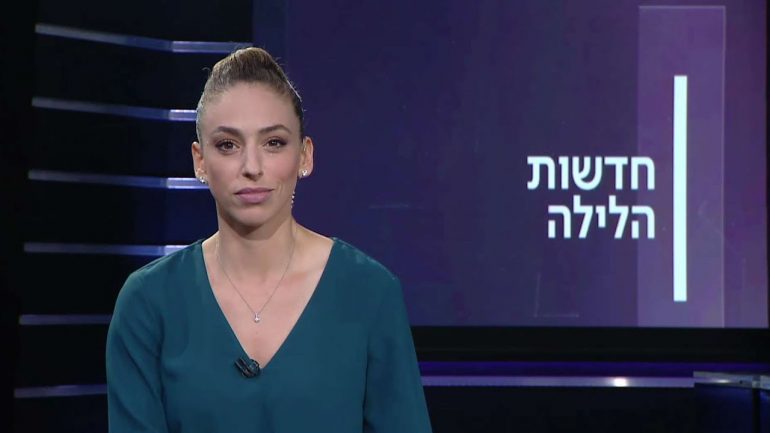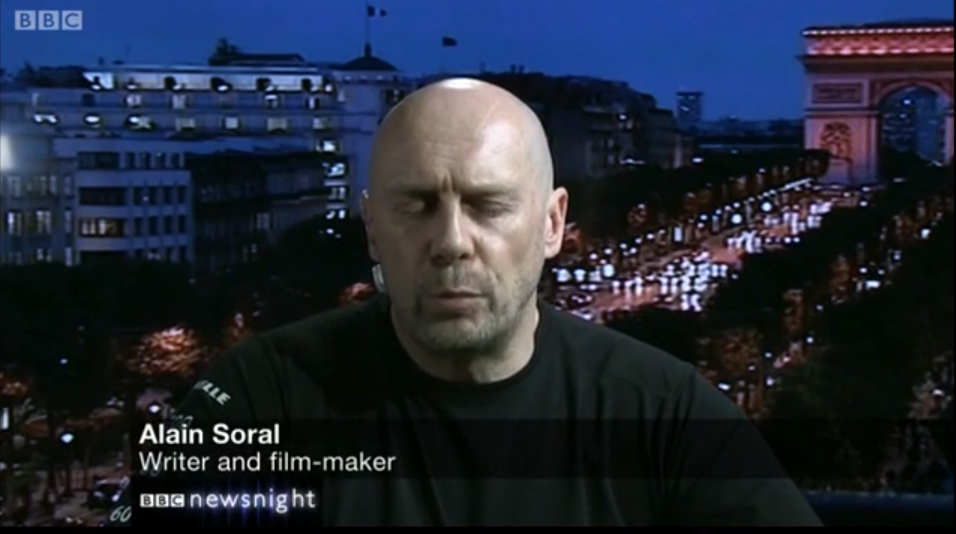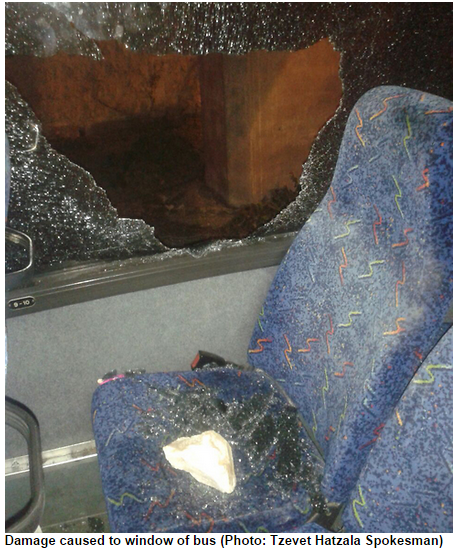The BBC News website currently has a backgrounder titled “Iran and the crisis in the Gulf explained” on its Middle East page.
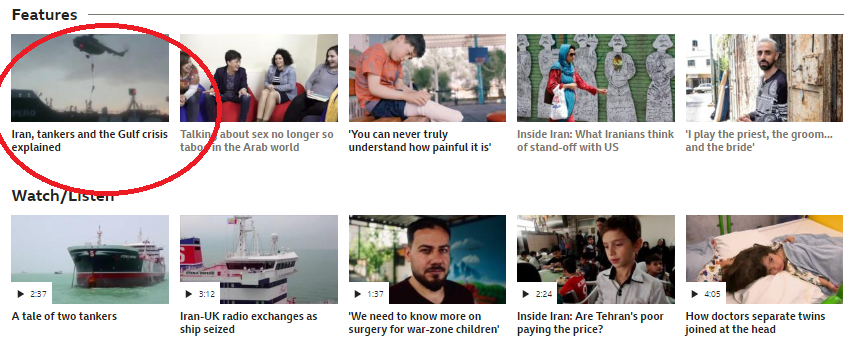
For a self-defined explanatory article, some of its wording is remarkably vague. For example, under the sub-heading “What is the crisis about?” BBC audiences are told that:
“Behind the latest tensions is the fact that Iran and the US have increasingly accused each other of aggressive behaviour.
The US says recent activity by Iranian and Iranian-backed forces is destabilising the region and threatening US interests, while Iran says the US is trying to use military force and economic pressure to bring down its government.”
What is that “recent activity”? Who are “Iranian-backed forces”? How does “destabilising the region” manifest itself? The BBC isn’t telling.
Similarly, under the sub-heading “Why does the crisis matter?” readers find a rather trite statement which is not given any further exploration or explanation:
“…if the crisis erupts into a war, the consequences will be devastating.”
One of the places where “the consequences” of any such armed conflict will be felt is – as Iranian officials have said quite plainly – Israel and that is because Iran has protégés in Lebanon and the Gaza Strip on call for precisely such a scenario.
While Hizballah and the Palestinian Islamic Jihad are Iran’s main investments on Israel’s borders, it has also been rebuilding relations with Hamas, after ties took a blow in 2011 when the terror group refused to side with Iran’s Syrian partner, Bashar al Assad.
Although Hamas delegations have traveled to Tehran fairly regularly in recent years – including for Rouhani’s second inauguration – the latest of those visits included something of a novelty. For the first time in seven years, Hamas representatives (including Saleh al Arouri, Husam Badran, Osama Hamdan and Mousa Abu Marzouk) met with Iran’s ‘supreme leader’ Ali Khamenei.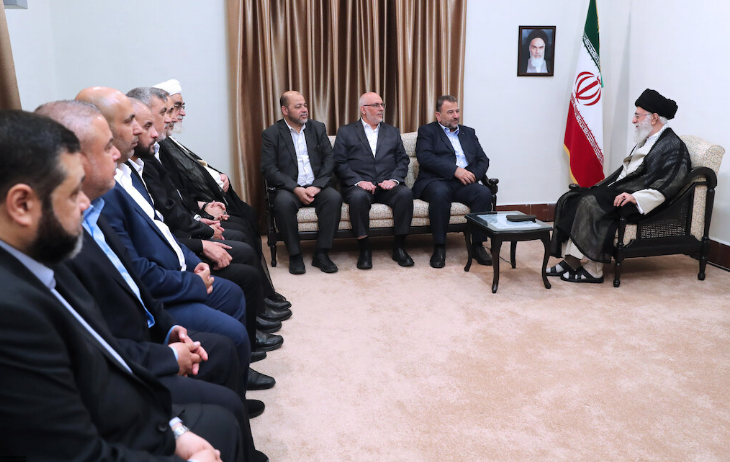
“Iran’s state TV says a delegation from the Palestinian militant group Hamas that is visiting Iran has met with the country’s supreme leader.
The TV report on Monday says Ayatollah Ali Khamenei held talks with Hamas’ deputy chief, Saleh al-Arouri, who is heading the delegation. The Hamas delegation also met with Kamal Kharrazi, an adviser to Khamenei.
“Hamas is Iran’s first line of defense,” said Al-Arouri following the meeting.”
The Jerusalem Post added: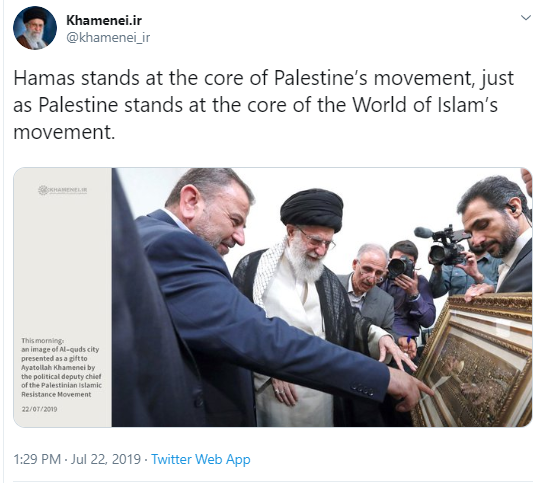
“Referring to recent escalations between the US and Iran, the Hamas official added that Hamas expressed “solidarity with the Islamic Republic of Iran and emphasize that any hostile action against Iran is actually hostile to Palestine and the current of resistance. We consider ourselves to be at the forefront of supporting Iran.”
Al-Arouri addressed how the capabilities of the Hamas terrorist group have advanced through the years, adding that “today, all of the occupied territories and the main Zionist centers are in the crosshairs of Palestinian resistance missiles.””
The significance of that Hamas visit to Tehran was clearly recognised by many major media organisations such as AP, the Washington Post and the New York Times. The BBC however apparently did not consider it newsworthy and so readers of the BBC’s backgrounder on the Gulf crisis are deprived of information which could go some way towards ameliorating its often opaque and unhelpful language.
Related Articles:
The BBC and media freedom – theory and practice

